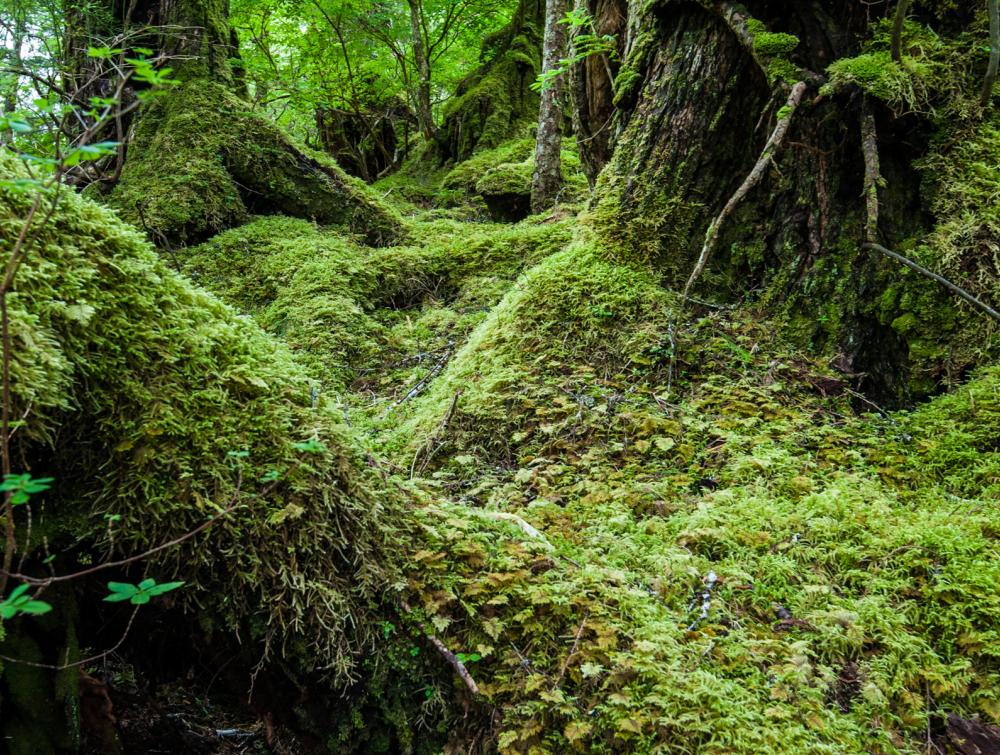Congress reverses course, votes to strip protection from wild forests

Tongass National Forest, Alaska
Nelson Guda
Proposals would allow damaging logging, freeze public out of land management decisions
In the weeks ahead, we must ensure key senators see these proposals for the partisan and destructive maneuvers they are and stand up to defend our wild forests.
The attack was woven into a package of legislation known as the "farm bill." Every few years, the farm bill comes up for renewal, including funds for farming subsidies, food stamp programs, rural development and a host of other loosely agriculture-related purposes.
About a month prior to this vote, a nearly identical farm bill fell apart in the House partly owing to an abundance of provisions that would jeopardize our forests, endangered species and bedrock conservation laws.
This time, apparently, lawmakers held their noses and decided those same shoehorned-in provisions were acceptable.
“The failure of the House Farm Bill in May was an opportunity for leaders of both parties to go back to the drawing board and draft a bipartisan bill," said Megan Birzell, national forest defense campaign manager for The Wilderness Society, in a statement. "But today, House Republicans have yet again rejected an opportunity to work toward compromise and instead made further concessions to the most extreme members of Congress, while doubling down on attacks to the Roadless Rule and other bedrock protections for our environment."
Departure from bipartisan tradition
The farm bill is usually seen as a fairly bipartisan exercise. But the version of the farm bill voted on by members of the House of Representatives was a shocking departure from that standard.
Like past bad proposals for managing forests, some of the anti-forest measures in the legislation are couched as a way of fighting wildfires. But the practices the farm bill encourages could actually exacerbate fire damage and increase future risk—not to mention subjecting wild forests to further wear at the hands of heavy logging machinery.
The Senate has taken a different approach and crafted a strongly bipartisan farm bill that largely retains protections for our wildest forests. The Senate could vote on their bill as soon as next week, and we will be working to ensure wild forests are protected in the final product.
Our Wild Forests should be protected from destructive logging and development
Just weeks after Congress rejected anti-conservation provisions, they put Our Wild Forests at risk again in the House farm bill. Now we look to the Senate to see who will help protect forests. Call your senators and urge them to reject provisions that harm our wildest forests in the farm bill.
